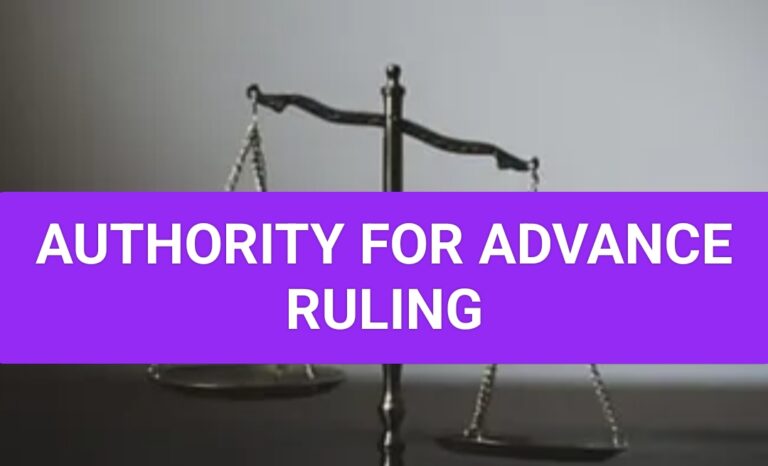In a recent ruling, the Kerala Authority for Advance Ruling (AAR) has clarified that education consultancy firms earning commission based on student enrolments for foreign universities will be treated as “intermediaries” under GST law, and not as providers of independent export services.
The ruling underscores how the nature of remuneration—especially when linked to successful student admissions—plays a decisive role in determining whether a service qualifies as an export or as an intermediary arrangement.
Background of the Case
The applicant, an education consultancy based in India, was engaged by various overseas universities to promote their educational programs, counsel prospective students, and assist in the admission process.
For every student who successfully enrolled through its efforts, the consultancy received a commission or referral fee from the foreign university. The payments were received in convertible foreign exchange.
Believing its activities constituted export of services, the applicant approached the AAR seeking confirmation that its services were not taxable in India.
Applicant’s Arguments
- The consultancy was providing independent professional services, not acting as a broker or facilitator.
- Its activities—counselling, marketing, and coordination—were carried out on its own account.
- Since the recipients (foreign universities) were located outside India and payment was received in foreign currency, the services should qualify as exports under GST.
AAR’s Observations
The AAR examined the nature of the engagement and payment structure and found that:
- The consultancy’s income was directly tied to student enrolments, rather than to the provision of independent advisory or marketing services.
- The consultancy’s activities effectively facilitated the supply of education services between foreign universities and Indian students.
- The applicant was not supplying services on its own account, but was arranging and assisting in the provision of education services by the universities.
Accordingly, the consultancy’s role fell squarely within the definition of “intermediary” under Section 2(13) of the IGST Act, 2017.
Ruling
- The AAR held that the education consultancy acts as an intermediary.
- Under Section 13(8)(b) of the IGST Act, the place of supply for intermediary services is the location of the supplier, i.e., within India.
- Consequently, the services do not qualify as export of services and are subject to GST in India.
Key Takeaways
- Education consultants who receive commission-based payments linked to student enrolment are likely to be treated as intermediaries under GST.
- To qualify as an export of services, the consultancy must render independent professional or advisory services that are not contingent on enrolment outcomes.
-
Businesses in this sector should carefully structure their agreements and payment terms to avoid unintended tax exposure under the intermediary provisions.
Case Citation: [2025] 179 taxmann 541 (AAR – Kerala
